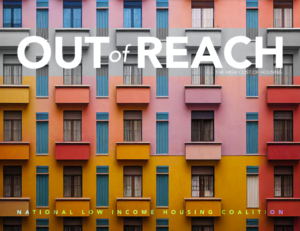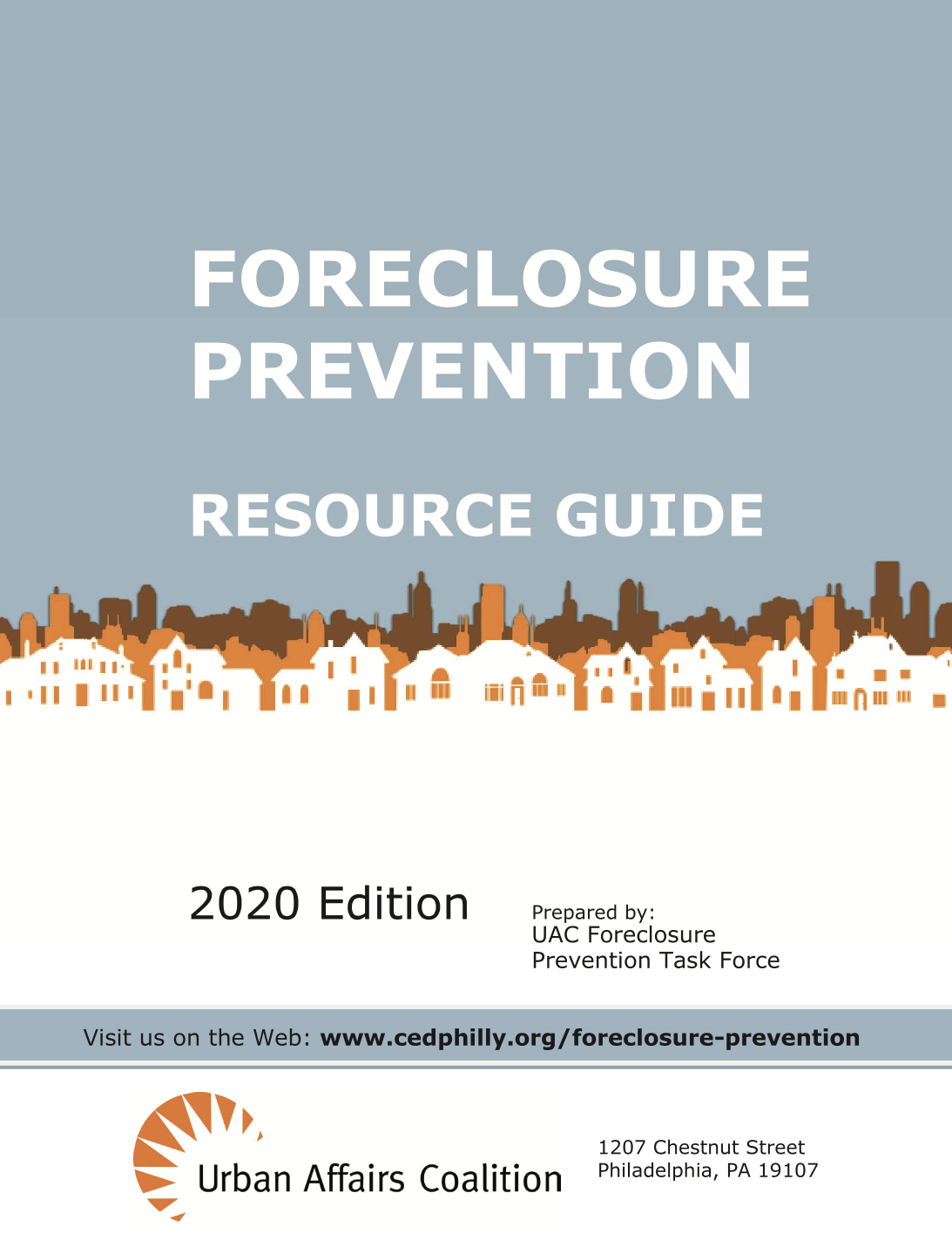We must address the pressing issue of affordable housing in Pennsylvania, where a significant gap exists between wages and the cost of rental homes. The Out of Reach report, recently released by the National Low Income Housing Coalition (NLIHC), sheds light on this alarming disparity. For low-wage workers and families, the dream of finding affordable rental homes remains out of reach.

Affordable Housing Crisis for Low-Wage Workers in Pennsylvania
According to the report, the minimum wage in Pennsylvania stands at $7.25/hour. However, to afford an average two-bedroom apartment, a worker would need to earn $23.61/hour for a 40-hour workweek. This means that a minimum wage worker would have to work an impossible 130 hours per week to meet this target. The figures highlight the stark reality that housing has become an unattainable expense for many hardworking individuals and families in our state.
The disparities in housing affordability are even more pronounced among people of color, especially women of color. This is a result of historic and ongoing racist housing policies that have disproportionately affected these communities, making it incredibly challenging for them to access decent and affordable homes. Additionally, Black, Latino, and Native/Indigenous workers are more likely than their white counterparts to be employed in sectors with lower median wages, exacerbating the housing affordability crisis they face.
Over 25 million people work in the five most common lowest-paying occupations, including retail sales, food and beverage services, food preparation, home health and personal care services, and building cleaning. Unfortunately, the median hourly wages in these occupations fall far below what is needed to afford a one- or two-bedroom rental unit. This leaves hardworking individuals and families with limited options and perpetuates the cycle of housing insecurity.
We cannot ignore the urgent need for action to address the affordable housing crisis in Pennsylvania. We encourage you to join us in advocating for change by reaching out to your members of Congress. Urge them to increase resources for affordable housing and homelessness in the fiscal year 2024 budget, rather than making cuts. Together, we can make a difference and ensure that everyone in our community has access to safe, decent, and affordable housing.
To view the full report, visit the link here.







